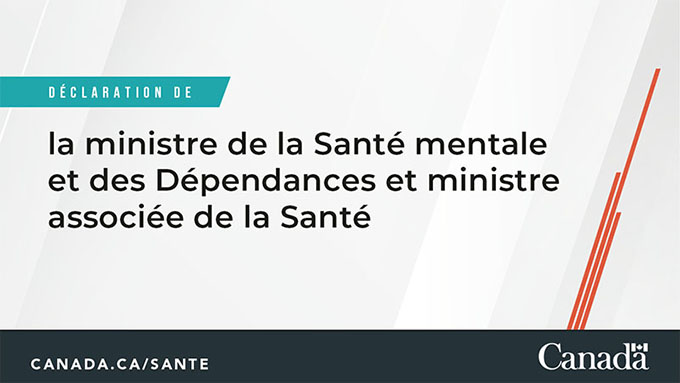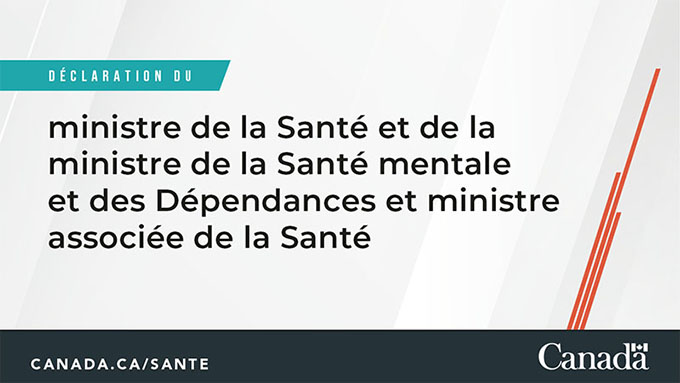More than one in five Canadian adults lack access to primary health care, confirms a new study published by the Journal of the Canadian Medical Association which also highlights significant regional differences in this area.
This would therefore mean that approximately 6.5 million Canadians do not have access to a family doctor or nurse practitioner they can consult on a regular basis.
The situation is even worse in Quebec and the Atlantic region, where an estimated one in three adults lacks access to basic care, even taking into account the diverse demographic characteristics of survey respondents – a situation that the study’s author, Dr. Tara Kiran of the University of Toronto, considers “unacceptable.”
“We saw huge differences (between provinces),” said Dr Kiran. I find that remarkable in a country where we supposedly have universal access to health care. […] that one in three people have no access to basic services. I don’t know what else to say… it breaks my heart that people are left behind and have no one to turn to. »
Those from Dr. The study conducted by Kiran and her colleagues spanned 18 months. During this period, they analyzed responses to an online questionnaire from about 9,300 Canadians from across the country; 73% of the questionnaires were completed in English and 27% in French.
In contrast to residents of Quebec and the Atlantic, where only 69% of participants reported that they were in this situation, 87% of Ontario residents responded that they had regular access to basic care.
“In our survey, the largest differences in access to primary care were regional, with nearly one in three people reporting not having a primary care doctor in Quebec and the Atlantic region, a 70% lower likelihood than in Ontario, even after accounting for population differences between (respondents),” we can read in the CMAJ.
Men, people under 65 years of age and participants with “poor or fair” health were most disadvantaged in this regard.
And even Canadians who have access to frontline health care don’t necessarily have access to it when they need it. Across Canada, only a third of survey participants said they were able to get an urgent appointment within 48 hours. Everyone else had to wait at least three days and 7.5% of participants never got an appointment.
In Quebec, 36.6% of participants reported being able to get an appointment within 48 hours, compared to just 23.9% in the Atlantic.
When asked what aspects of health care were most important to them, survey respondents said having access to a provider “who knows me as an individual and takes into account all the factors that affect my health.”
“I can attest to this from my own practice as a primary care physician,” said Dr. Kiran. As you get to know someone over time, you understand their values, their family and the community in which they live, and so you can better tailor the care for that person to their specific needs. »
Nine out of 10 participants said they would be happy to receive help from another member of their GP team (i.e. they would not necessarily want to see their usual doctor). Yet only 15% of participants reported that their GP worked with other healthcare professionals within the same clinic.
“People have been very open to different ways of doing things,” noted Dr. Kiran. If necessary, they are willing not to always see the same doctor, but are willing to go to a clinic where the doctor has access to their records. But there is no match between this openness of people to do things differently and what the system offers them.”
People are willing to receive care “in different ways,” she added, “as long as that care is relationship-based.”
In Quebec and Ontario, survey respondents were most likely to be able to speak to a pharmacist, social worker or nutritionist, for example.
Ultimately, recalled Dr. Kiran, we know that health systems where access to primary care is good also have “more equity” and lower costs.
“The results of our survey show that our primary care system is in crisis,” she concluded. It is damaging the health of our population and leading to higher costs. It is important to take an interest in this if we want an egalitarian society and an efficient system. »

Award-winning entrepreneur. Baconaholic. Food advocate. Wannabe beer maven. Twitter ninja.




